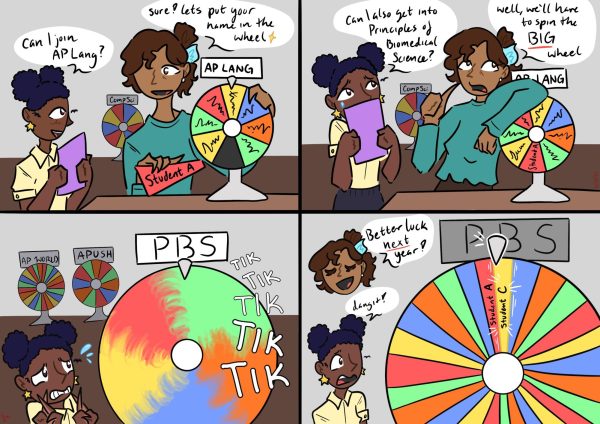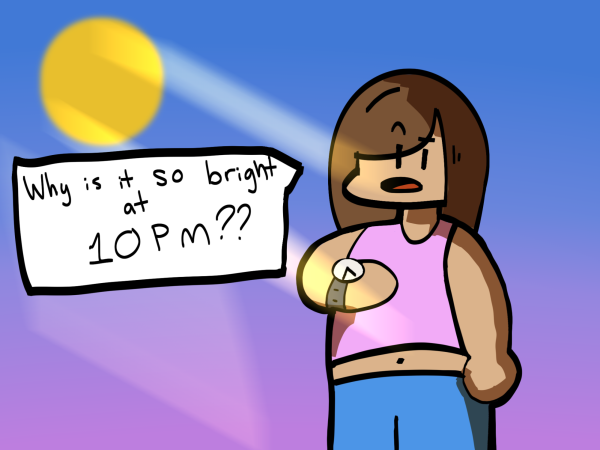Student journalists win censorship battle
The Californian applauds student journalists and the adviser at Bear Creek High School’s newspaper, The Bruin Voice, who recently fought for their right to free speech and rightfully won.
An article written by Bear Creek student journalist about 18-year-old student Caitlin Fink, who makes a living by working in the adult fim industry, stirred controversy prior to its publication on May 3 and turned into a First Amendment legal battle.
The Lodi Unified School District learned about the story in April and tried to prevent its publication. The district argued that the story was in violation of a state education code that prevented the newspaper from publishing obscene material.
District administrators even threatened to fire the newspaper’s longtime adviser, Katherine Duffel, who has worked 30 years at the Stockton high school, located about 35 miles south of Sacramento.
Duffel accused the district of censoring students’ right to free speech. After all, Fink is an adult who willingly agreed to be interviewed for the story and have her name published.
While the article was controversial, the district did not have the right to prevent its publication or require Duffel to provide the district with the story for prior review.
The district finally made the correct choice in late April when it decided not to block publication of the story.
The purpose of journalism is to inform people of ongoing events in their community. Journalists strive to provide the public with interesting and relevant stories while keeping people informed about news that matter.
On top of the district’s abridgement of the paper’s First Amendment rights, it also infringed upon Fink’s rights to talk about her career.
The Bruin Voice simply wished to portray the truth behind the porn industry through Fink’s story.
As a woman who chose to be involved in a legal industry, Fink deserved to have her story publicized, and the paper had every right to publish it.
Bear Creek junior Bailey Kirkeby, the reporter who wrote the story, explained that she focused on telling a personal narrative of Fink. By tuning in on the details of her life, the article aimed to show the difficulties adult industry workers often encounter.
Kirkeby further stated that she wanted to share the story of one of many self-reliant, strong women involved in the industry, showing that these women were not just products of pornography and sexwork, but actual human beings that exist outside of their industry.
The adult film industry is a socially taboo subject, but when a legal adult like Fink wants to have her story told, this right should be respected.
The ability of student journalist to publish her story is protected by the First Amendment and state education code, and it should be fully recognized and respected as well.

